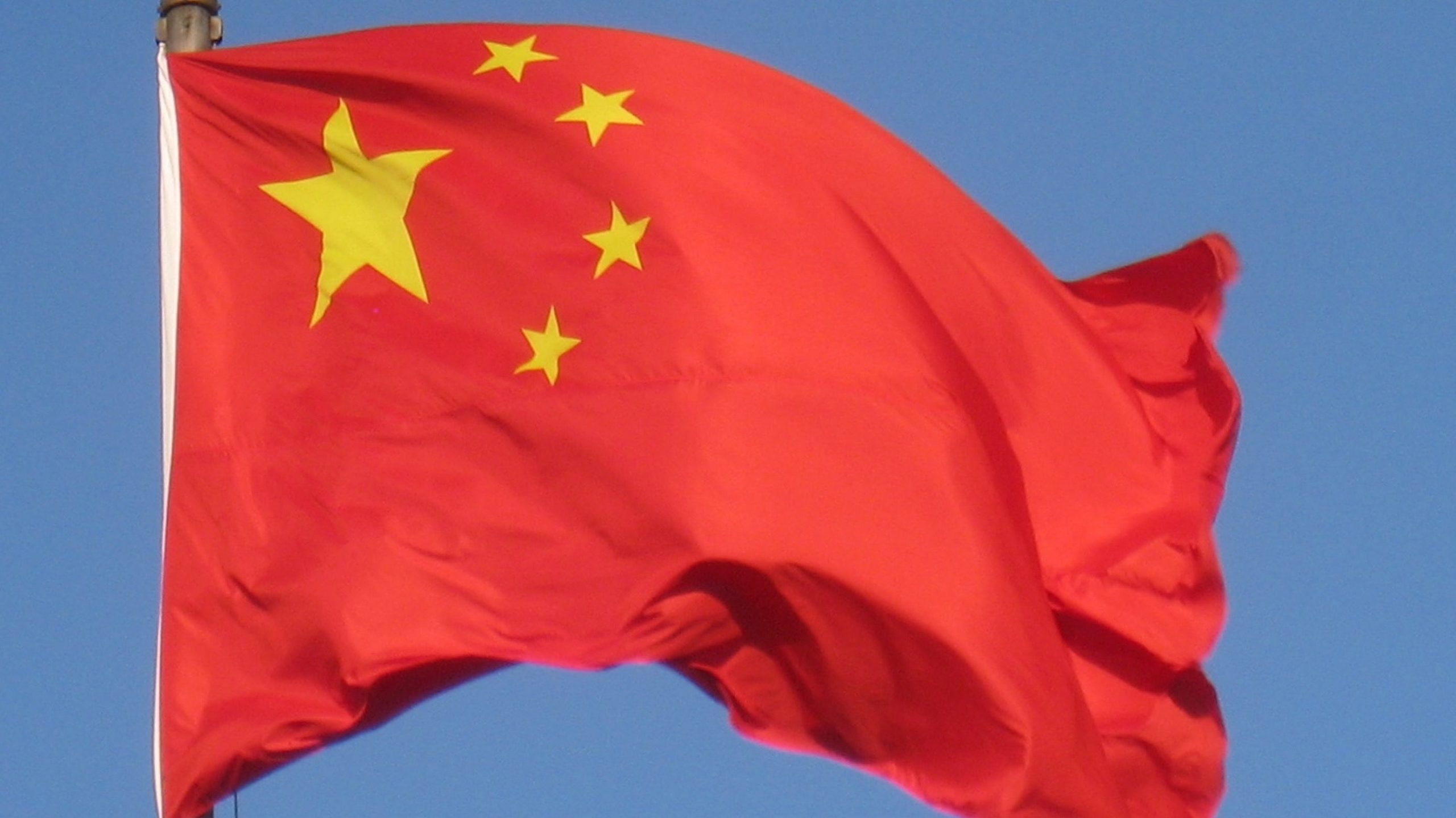World News
The idea that seems crazy of Australian scientists: by 2025, they want to grow plants … on the moon!
Reading Time: < 1 minute
Sylvie Claire / October 7, 2022
Australian scientists want to try to grow plants on the moon by 2025 in a new mission unveiled Friday with the goal of developing a colony.
This project is a first step toward growing plants for food, medicine and oxygen production, all of which are crucial to establishing human life on the moon,” the researchers said in a statement.
Brett Williams, a plant biologist at Queensland University of Technology, said the seeds will be transported by the Beresheet 2 spacecraft – a private Israeli space mission.
After landing and once in the ground, the seeds will be watered in a sealed chamber and scientists will monitor any signs of germination.
The types of plants will be chosen based on their ability to withstand extreme weather conditions but also on the speed of their germination.
Besides creating the beginnings of human life on the moon, this mission could also serve as a laboratory for finding solutions to food security problems caused by global warming, says Caitlin Byrt, a professor at the Australian National University.
“If we can create a system to grow plants on the moon, then we can create a system to grow food in some of the harshest environments on Earth,” she noted in a statement.
The project is led by the Lunaria One organization, which includes Australian and Israeli scientists.
Continue Reading
World News
Trump promises Zelensky to “end the war” in Ukraine in phone call

Reading Time: 2 minutes
Sylvie Claire / July 21, 2024
Donald Trump and Volodymyr Zelensky spoke on the phone on Friday, with the former US president claiming to have promised the Ukrainian president to “end the war” between Ukraine and Russia should he return to the White House. “As your next president of the United States, I will bring peace to the world and end the war that has cost so many lives,” said the Republican presidential candidate.
Donald Trump frequently claims that he would be able to put an end to the conflict in Ukraine very quickly on his return to power, but never provides details of how he would achieve this. Volodymyr Zelensky confirmed the phone call, during which he congratulated the billionaire on his official nomination the previous day as the Republican Party’s presidential candidate.
Donald Trump’s frequent praise of Russian President Vladimir Putin, as well as his criticism of other Nato countries, is causing concern among Ukraine’s Western allies. In February, he threatened that, if he returned to the White House, he would no longer guarantee the protection of Atlantic Alliance countries against Russia if they did not pay their share, even claiming that he would “encourage” Moscow to attack them. The former American president also used his power over the Republicans to block a $61 billion military aid package for Kiev for months in Congress, which was finally adopted at the end of April.
In his posting on X on Friday, Volodymyr Zelensky said he had “agreed with President Trump to discuss, in a face-to-face meeting, the steps to be taken towards a just and lasting peace” in Ukraine.
World News
Former Ukrainian far-right MP murdered in Lviv: “All leads are being investigated, including Russia”

Reading Time: < 1 minute
Steph Deschamps / July 21, 2024
In a message on Telegram, the Ukrainian National Police said she had succumbed to her injuries in hospital after being the target of an assassination attempt.
“I always say that no place is safe in Ukraine,” lamented Lviv mayor Andriï Sadovy, denouncing a ‘heinous murder’ and offering his condolences to the victim’s relatives.
According to the Ukrainian Prosecutor’s Office, the attack took place on Friday evening, at around 7.30pm, when an unidentified individual fired at Irina Farion, seriously wounding her in the head. “All surveillance cameras are being checked, witnesses are being interviewed and several districts (of Lviv) are being examined. All leads are being investigated, including the one leading to Russia”, reacted Ukrainian President Volodymyr Zelensky on X on Saturday.
Interior Minister Igor Klimenko told a briefing in Lviv on Friday evening that the suspected killer could have been lurking around Irina Farion’s home for several days.
According to him, investigators are currently focusing on the possibility of a murder motivated by a “personal grudge” linked to the victim’s activities, but are not ruling out a “commissioned assassination” either.
The 60-year-old language teacher and linguist was a member of parliament for the nationalist Svoboda party between 2012 and 2014.
World News
China: at least six dead in Zigong shopping mall fire

Reading Time: < 1 minute
Sylvie Claire / July 18, 2024
At least six people died in a shopping mall fire on Wednesday in Zigong, southwest China, and thirty others were rescued, China’s state broadcaster CCTV said. “Rescue teams are continuing their search,” the media outlet added.
Images broadcast by the channel and others shared on social networks show thick black smoke rising from a building overlooking a shopping street in this city 1,600 kilometers from the capital Beijing, in the southwestern province of Sichuan.
The fire broke out in the early evening in a shopping mall at the foot of a 14-storey building, CCTV reported.
“At 8:20 pm, the fire was extinguished and 17 people were rescued. Others are still trapped, and rescue operations are continuing”, said the station in an initial report on the situation.
Fires and other fatal accidents are frequent in China, due to the sometimes lax application of safety standards. In January, at least 39 people perished in a store fire in central China. According to the authorities, the fire started in the basement of a store when workers “broke the rules” during construction work. At the time, Chinese President Xi Jinping called for lessons to be learned from the disaster to prevent further tragedies. The same month, a fire in a residential building claimed at least 15 lives.







